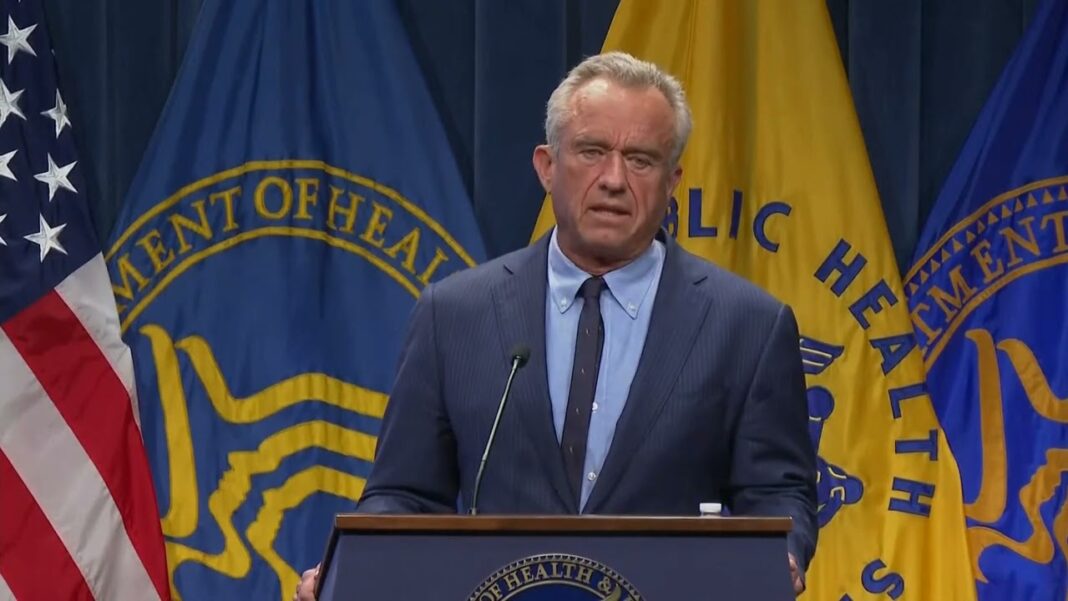The Supreme Court vacated the order and said the lawsuit was brought in the wrong court.
U.S. District Judge James Boasberg has issued an opinion stating that he’s found probable cause that the Trump administration was in criminal contempt by refusing to comply with his order prohibiting certain deportations under the Alien Enemies Act.
“The Court ultimately determines that the Government’s actions … demonstrate a willful disregard for its Order, sufficient for the Court to conclude that probable cause exists to find the Government in criminal contempt,” Boasberg said in an April 16 opinion.
He said the government would have the opportunity to “purge” its contempt by complying with his order.
Boasberg’s order came after the Supreme Court vacated his orders and said the case was brought in the wrong court.
“The fact that the Supreme Court determined that this Court’s TROs suffered from a venue defect does not affect—let alone moot—the compliance inquiry presently teed up here,” he said.
He said the “obvious way” for the government to comply with his order was to assert custody over individuals who were removed in purported violation of it. That way, he said, the deported individuals could bring habeas challenges to their removals.
White House Communications Director Steven Cheung said the administration planned to “seek immediate appellate relief.”
“The President is 100% committed to ensuring that terrorists and criminal illegal migrants are no longer a threat to Americans and their communities across the country,” he said in a post on social media platform X.
Part of the Supreme Court’s reasoning was that the proper avenue for challenging detention under the Alien Enemies Act was through habeas corpus, which means “you should have the body” in Latin. Boasberg had overseen a lawsuit that focused on claims brought under the Administrative Procedure Act. In order to bring a habeas challenge, the justices said, the lawsuit must be brought where the detainees are located.
“The detainees are confined in Texas, so venue is improper in the District of Columbia,” the April 7 majority opinion said. Following that decision, two judges in Texas and New York held hearings related to habeas challenges.
By Sam Dorman







